How Long Does It Take To Learn Search Engine Optimization?
Hey there! So you’re interested in learning how long it takes to master Search Engine Optimization (SEO), huh? Well, you’ve come to the right place! In this article, we’ll dive into the ins and outs of SEO and give you an idea of the time it might take to become proficient in this essential digital marketing skill.
Now, you might be wondering why SEO is such a big deal. Well, think about it this way: when you search for something online, how often do you click on the second page of search results? Probably not very often, right? That’s because websites that appear higher in search engine rankings get more visibility and traffic. And that’s where SEO comes in – it’s the practice of optimizing websites to improve their visibility in search engine results.
So, how long does it actually take to learn SEO? The answer may vary depending on several factors, like your previous experience with digital marketing and your commitment to learning. Some people might grasp the basics of SEO in just a few weeks, while others may take months to truly master it. But don’t worry, we’ll break it down for you and give you some tips to make your learning journey smoother.
Now that you know what SEO is and why it’s important, let’s explore the key factors that determine how long it takes to become an SEO whiz. So, buckle up and let’s get ready to unravel the mysteries of search engine optimization!
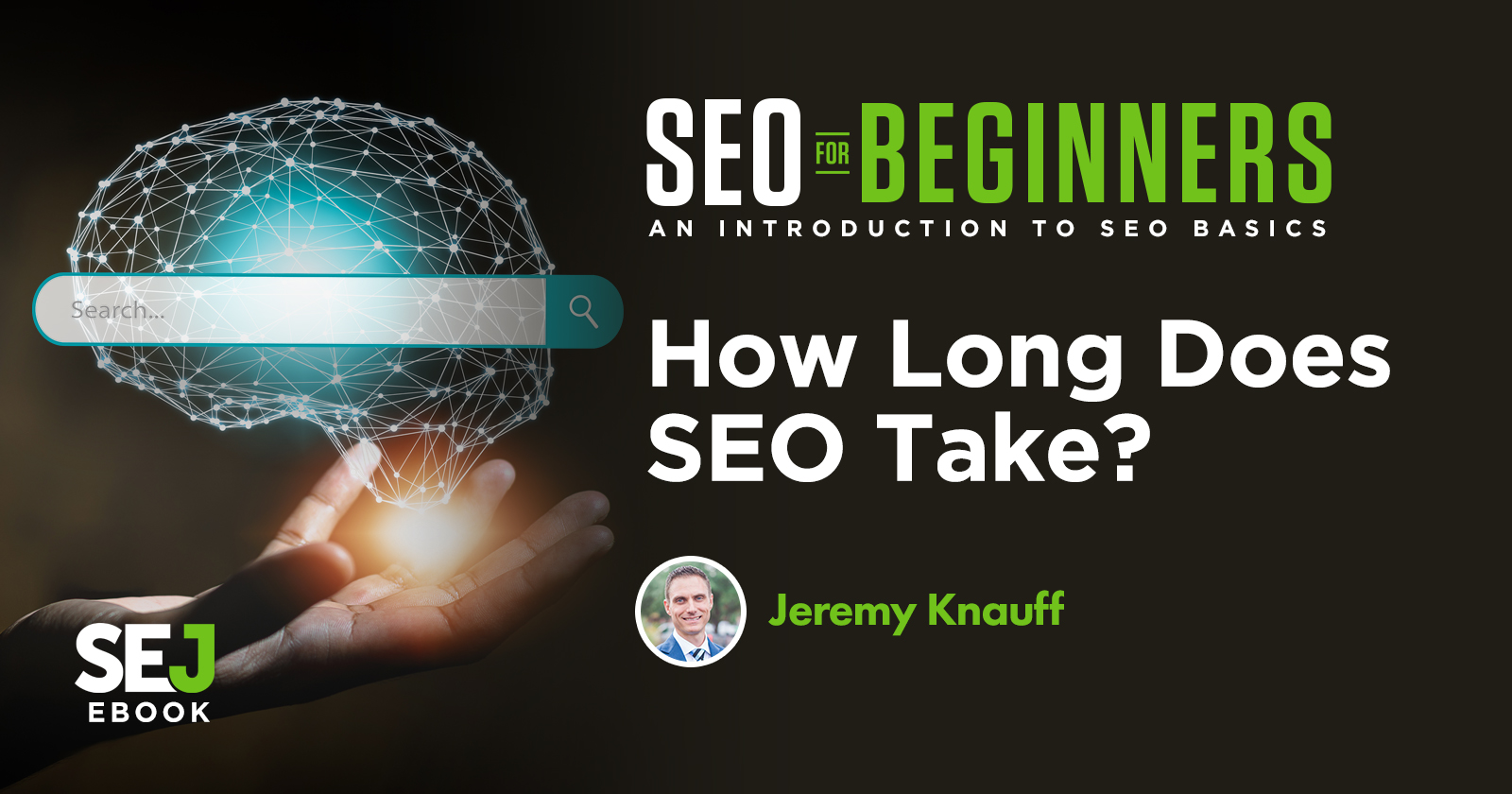
How Long Does It Take to Learn Search Engine Optimization?
Search Engine Optimization (SEO) is a critical skill in the digital marketing world. It involves optimizing websites and content to improve their visibility on search engine results pages (SERPs). Many individuals, whether aspiring marketers, entrepreneurs, or website owners, are interested in learning SEO. However, the question often arises: How long does it take to learn search engine optimization? In this article, we will explore the factors that affect the learning curve of SEO and provide insights into the time it may take to acquire proficiency in this field.
The Fundamentals of Search Engine Optimization
Before diving into the time required to learn SEO, it is essential to understand the fundamentals of this discipline. SEO involves a variety of strategies and techniques used to optimize websites and improve their organic traffic from search engines. Some of the core concepts include keyword research, on-page optimization, link building, technical SEO, and content optimization. Familiarizing yourself with these concepts is necessary for a solid foundation in SEO and will significantly contribute to your learning speed.
1. Prior Knowledge and Experience
One of the most significant factors that influence the time it takes to learn SEO is your prior knowledge and experience in digital marketing or related fields. If you already have a basic understanding of marketing principles, website development, or content creation, you may have a head start. Familiarity with these areas can help you grasp SEO concepts more quickly and apply them effectively. Conversely, if you are starting from scratch, it may take more time to grasp the various aspects of SEO.
Additionally, experience in working with websites, analyzing data, and using digital marketing tools can accelerate your learning process. These skills can aid in understanding SEO analytics, optimizing website elements, and implementing effective strategies. However, it’s important to note that even without prior knowledge or experience, anyone can learn SEO with dedication and persistence.
2. Learning Resources and Strategy
The availability of learning resources and the strategy you adopt can significantly impact the time it takes to learn SEO. With a vast amount of information available online, it’s crucial to choose reputable and up-to-date resources to avoid outdated techniques or misinformation. Consider investing in quality SEO courses or learning from industry experts who can provide valuable insights and guidance.
Creating a structured learning plan and setting achievable goals can also expedite your learning process. Break down the various aspects of SEO into manageable chunks and focus on mastering one concept at a time. Practice implementing what you learn on real-life projects, such as optimizing your website or creating SEO-friendly content. This hands-on experience will not only reinforce your understanding but also help you learn faster.
3. Time Commitment and Consistency
Learning SEO requires a significant time commitment, and the time it takes to become proficient can vary based on the amount of time you dedicate to learning each day or week. Consistency plays a crucial role in mastering any skill, and SEO is no exception. It’s better to dedicate a consistent amount of time each day or week rather than sporadic bursts of studying. This allows for better retention of information and gradual improvement.
Furthermore, staying updated with the ever-evolving world of SEO is essential. Search engines regularly update their algorithms and best practices change over time. Allocating time for continuous learning and keeping up with industry trends will help you stay ahead in the SEO game and refine your skills.
The Time Frame for Learning SEO
While it’s challenging to provide an exact timeframe for learning SEO, as it depends on various factors, gaining a solid understanding of the fundamentals typically takes a few months. This timeframe assumes a consistent learning effort of a few hours each week. However, it’s important to note that SEO is a continuous learning process. As you gain more experience and work on different projects, you will constantly refine your skills and adapt to industry changes.
Advanced SEO Strategies and Specializations
Once you have acquired a strong foundation in SEO, you may choose to delve deeper into advanced strategies or specialize in specific areas. These include advanced on-page and technical optimizations, mobile SEO, local SEO, e-commerce optimizations, or SEO for specific industries or platforms. Mastery of these advanced techniques may take additional time and practice, but they can be valuable assets in your SEO career or business endeavors.
Conclusion
Learning Search Engine Optimization (SEO) is a journey that requires dedication, persistence, and continuous learning. The time it takes to learn SEO depends on various factors such as prior knowledge, learning resources, strategy, time commitment, and consistency. While gaining a solid foundation in SEO can take a few months of consistent effort, it’s important to remember that SEO is an ever-evolving field, and ongoing learning is essential for success. By focusing on the fundamentals, staying updated, and practicing regularly, you can acquire proficiency in SEO and enhance your online visibility. So, embark on your SEO learning journey and enjoy the rewards it brings to your digital marketing efforts.
Key Takeaways: How Long Does It Take to Learn Search Engine Optimization?
- Learning search engine optimization (SEO) can take several months or even years.
- Consistent practice and hands-on experience are crucial for mastering SEO.
- Understanding the basics of SEO can be achieved within a few weeks of dedicated learning.
- Keeping up with the ever-evolving SEO trends requires continuous learning and staying updated.
- While there is no fixed timeframe, regular practice and learning can lead to proficiency in SEO over time.
Frequently Asked Questions
When it comes to learning search engine optimization (SEO), many people wonder how long it will take to become proficient in this field. Here are five commonly asked questions about the time it takes to master SEO.
1. Can I learn SEO in a week?
While it’s possible to learn some basic concepts of SEO in a week, becoming a true expert in the field takes time and practice. SEO is a multifaceted discipline that involves understanding algorithms, keyword research, content optimization, link building, and more. It requires continuous learning and keeping up with the latest trends and updates in the industry. So, while you can start learning SEO in a week, it’s important to recognize that mastery will take longer.
To become proficient in SEO, it’s recommended to dedicate several months to learning and applying the principles. This will give you enough time to grasp the fundamentals, experiment with different strategies, analyze the results, and refine your skills. Remember, SEO is an ongoing process, and it takes time to see the full impact of your efforts.
2. How long does it take to see results from SEO?
The time it takes to see results from SEO can vary depending on several factors, such as the competitiveness of your industry and the quality of your optimization efforts. Generally, it takes around three to six months to start seeing noticeable improvements in your search engine rankings.
However, it’s important to note that SEO is a long-term game. It requires consistent effort and patience. Building a strong online presence, earning high-quality backlinks, and improving your website’s authority takes time. It’s crucial to stay committed to your SEO strategy and continuously refine it based on data-driven insights to achieve sustained success.
3. Can I learn SEO on my own, or do I need formal training?
Both options are viable when it comes to learning SEO. Many professionals in the field have acquired their knowledge through self-study and hands-on experience. There are countless online resources, tutorials, and guides available that can help you learn SEO independently.
However, formal training or enrolling in SEO courses can provide a structured learning environment, access to industry experts, and the opportunity to network with other aspiring SEO professionals. It can also help you stay updated with the latest techniques and best practices. Ultimately, the choice between self-learning and formal training depends on your learning style, resources, and goals.
4. How can I speed up the process of learning SEO?
To expedite your learning process in SEO, here are a few tips:
First, immerse yourself in the SEO community. Join online forums, engage in discussions, and follow reputable industry blogs. This will expose you to different perspectives and insights.
Second, practice what you learn. Apply SEO techniques to your own website or create a mock website to experiment with optimization strategies. Hands-on experience is invaluable in understanding how SEO works in real-world scenarios.
Lastly, stay updated with algorithm changes and industry updates. SEO is a constantly evolving field, and staying informed about the latest trends and best practices is essential to remain competitive.
5. Is it better to specialize in a specific aspect of SEO or have a broad understanding?
Having a broad understanding of SEO is crucial for any aspiring professional. It allows you to see the bigger picture and make informed decisions in your optimization efforts. However, specializing in a specific aspect of SEO can also be advantageous.
Focusing on a particular area, such as technical SEO, content optimization, or link building, allows you to delve deeper into that area and become an expert. This expertise can set you apart from others in the field and open up niche opportunities. It’s advisable to have a solid foundation in all aspects of SEO and then decide if specializing aligns with your interests and career goals.
Summary
Learning search engine optimization (SEO) takes time and dedication. You can start with the basics, like understanding keywords and meta tags. It takes consistent practice and staying up-to-date with the latest SEO trends. Don’t worry if it feels overwhelming at first – take it one step at a time. With patience and persistence, you can become an SEO expert.
Remember that there is no set timeframe for becoming proficient in SEO. It depends on various factors, including how much effort you put in and how quickly you grasp the concepts. So, don’t get discouraged if it takes longer than you initially thought. Keep learning, experimenting, and adapting, and you’ll soon see the results of your SEO knowledge and skills.

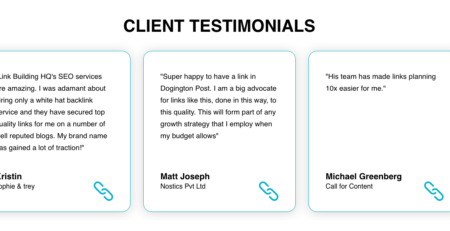

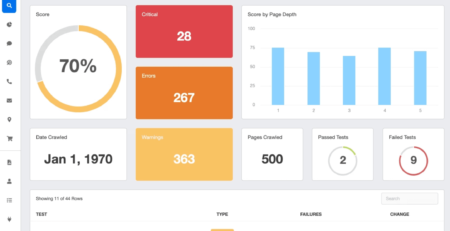
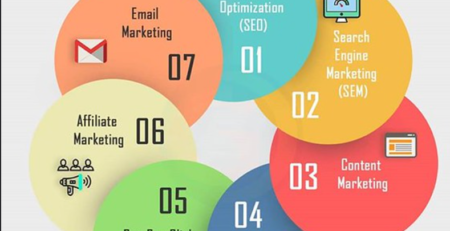
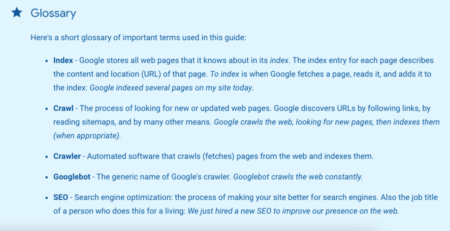


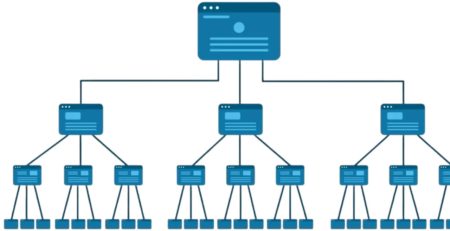

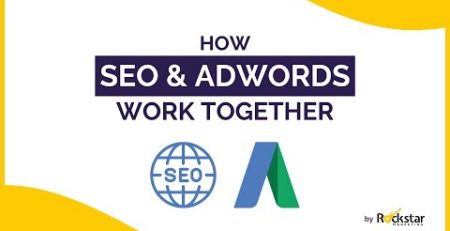
Leave a Reply